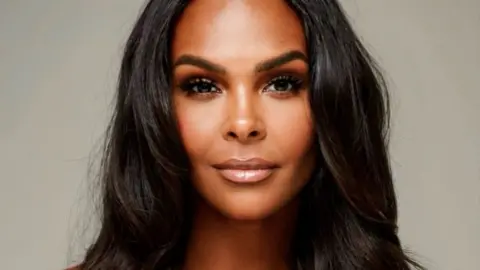 Samantha Mumba
Samantha MumbaIn the summer of 2000, a 17-year-old Dublin girl emerged with a debut single that would redefine the perception of Irish pop music.
Here was a voice a far cry from the ethereal, mega-selling Celtic sounds of Enya; the pop-meets-Irish trad mash-up of The Corrs; or slick boy-band contemporaries, like Westlife and Ronan Keating who, between them, had already notched multiple UK numbers ones that year.
Instead, Samantha Mumba’s Gotta Tell You was a sleek, radio-ready hit that climbed international charts and, almost 25 years ago to the day, introduced a confident and cool new voice to the noughties music scene.
Not that the woman herself remembers it that way.
“I was an obnoxious little teenager,” she said with a laugh. “I don’t really think I had a clue what I was doing. I was just winging it and hoping for the best.”
Winging it is one way to put it – Mumba followed Gotta Tell You with more hits, including the Davie Bowie-sampling Body II Body; a debut album that entered the top ten in UK and Ireland; and a starring role in a Hollywood blockbuster The Time Machine with Guy Pierce.
It was a meteoric ascent.
But subsequent years proved to be a bruising education in the music business, from record label problems to an unsuccessful bid to represent Ireland at Eurovision earlier this year.
Not that Mumba is all about looking back.
“This is my new chapter to do anything and everything that I want to do,” she said.
“I’ve got so much drive, I’m a hard worker and up for the challenge.”
From stage school to pop fame
Born in Dublin in 1983, Mumba’s musical journey began when she was three and her parents enrolled her at the Billie Barry Stage School for dance lessons.
Her key musical influences took hold early – Whitney Houston, Toni Braxton and her “obsession” Michael Jackson.
“I used to write him letters. I remember being sent a letter back from the Neverland Ranch – to this day, I’m devastated we don’t have it any more.”
Performing in stage productions until she was 15, she attracted plenty of attention.
“Back then you didn’t really very often see young black girls on stage in Dublin. I was young and I had a big voice, and so I started getting a lot of press. I was very lucky in that regard,” she said.
The industry soon came knocking and she was invited to a meeting with the Spice Girls’ producers, which later led her to future manager Louis Walsh.
Known for his success with Westlife and Boyzone, Mumba admits she was “definitely a different project” for the future X Factor judge.
‘We were making something special’
After signing a deal with Polydor Records, Mumba set about recording her debut with heavyweight producers like Dave Pensado, Teddy Riley and Stargate.
She built a “big rapport” with the team behind Gotta Tell You – and it was soon apparent they were doing something right.
“You can feel when you’re making something special, and I’ll never forget it… we all were like: ‘Oh God, no, wait, this is really, really special.’
“I still stand by that song to this day. I still feel like it could be released now.”
 Getty / PA Media
Getty / PA MediaFirst released in Ireland on 2 June 2000, the single quickly shot up the charts, peaking at number four in the United States, and clearing the top three in Australia, New Zealand and the UK.
She still remembers her surprise.
“Are you kidding me? I was beyond shocked. I just couldn’t get my head around it.
“I remember being in a bubble and doing tonnes of press, but that didn’t really compute with me, I was still a teenager.”
Race ‘just wasn’t a thing’
The cultural significance of her rise also didn’t immediately register with the new-born star.
Born into an interracial marriage, Mumba was giving people something they had rarely heard before – an Irish accent on a famous black girl.
Race “just wasn’t a thing” for her then, but now, at 42, she said it blows her mind.
“When girls send me messages or I meet them and they say how much it meant to them to see me, and that they looked like me… that just means so much,” she said.
“I wasn’t raised with race being significant, obviously I am a black woman now and I have a black daughter and I’m very aware of the significance of representation, and the importance of that.
“I’m just grateful I got to be that for anybody, because I certainly didn’t have that growing up.”
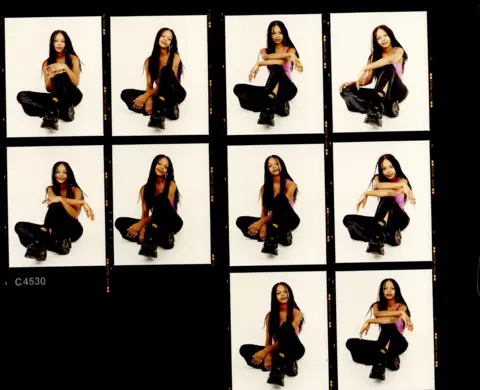 RANKIN
RANKINMumba’s debut album came out in October 2000, making her contemporaries the likes of Britney Spears, Christina Aguilera and Destiny’s Child.
After a string of successful singles, she set about recording a follow-up while also juggling commitments such as her role in The Time Machine opposite Guy Pierce and a collaboration with Damian Marley.
But, Mumba’s sophomore album – Woman – never saw the light of day.
“I kind of got caught in between when all the labels merged,” she said.
“I was frozen, I couldn’t be released from my label, but they wouldn’t release music at that time.
“If I had to go back and do it all over again, I would, just with better attorneys and kind of industry savvy,” she laughed.
Instead, Mumba was “ready to be a normal girl” – she moved to Los Angeles, in an effort to “live a little bit and grow up”.
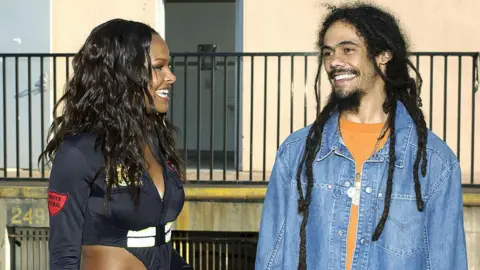 Getty Images
Getty ImagesOn her return to the stage in recent years, Mumba said she is trying to adapt to a very different industry.
The rise of social media and streaming has been an advantage “because it’s taken a lot of the power away from the labels”, she said, adding she can now release music without expectation, connect with people instantly and shut down any untrue rumours.
“I remember things would be written about me in newspapers and there was nothing I could do. Whereas [now] you can just laugh and nix it immediately.”
Samantha Mumba and Eurovision: ‘Zero regrets’
Indeed, social media was to the fore when Mumba’s emoji-loaded post criticising Ireland’s Eurovision selection process made headlines earlier this year.
Mumba, who came second with her track My Way, questioned some of the judging panel’s credentials for the Eurosong competition.
In hindsight, would she have reacted differently?
“I stand 10 toes down, absolutely,” she said.
“I’ve been asked about [competing in Eurosong] for years and never at my age would I have thought I would consider doing a competition.
“So it was very personal for me. It was really more just about me pushing myself out of my comfort zone. I have zero regrets.”
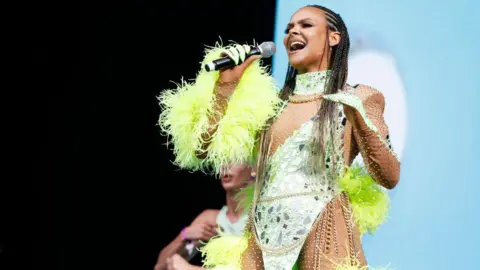 Getty Images
Getty ImagesEurovision aspirations aside, Mumba said there is still “an awful lot more” she would like to achieve.
She’s been guest starring in Irish mystery-drama Harry Wild since 2023 and popping up on summer music festival bills, including Mighty Hoopla in London this weekend.
Audiences, evidently, are still drawn to the Dubliner and she’s keen to get unreleased music from “back in the day” out to the public – although she wants to strike a balance.
“I’m constantly trying to teeter on, you know, ‘are people over the old stuff? Do they want new stuff?'”
For now, Mumba said she’s happy to be riding the current wave of noughties nostalgia.
“It was a great time in all of our lives. Things were a lot simpler, easier, happier, and almost a lot more innocent,” she reflected.
“I’m grateful that 25 years in people still stream the song and and come and see me perform. That’s not lost on me at all.
“But yeah, it it definitely feels like a lifetime ago.”

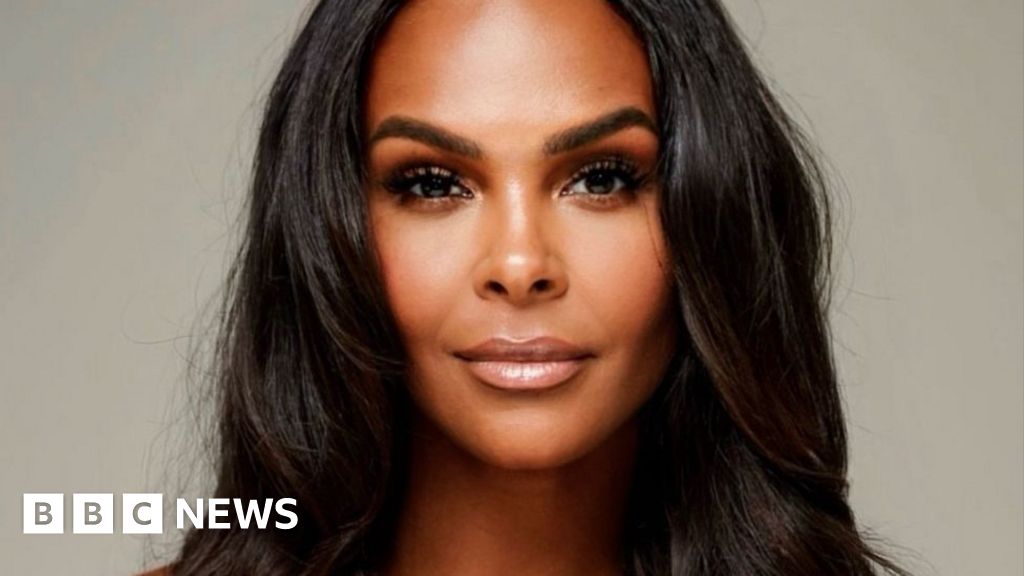

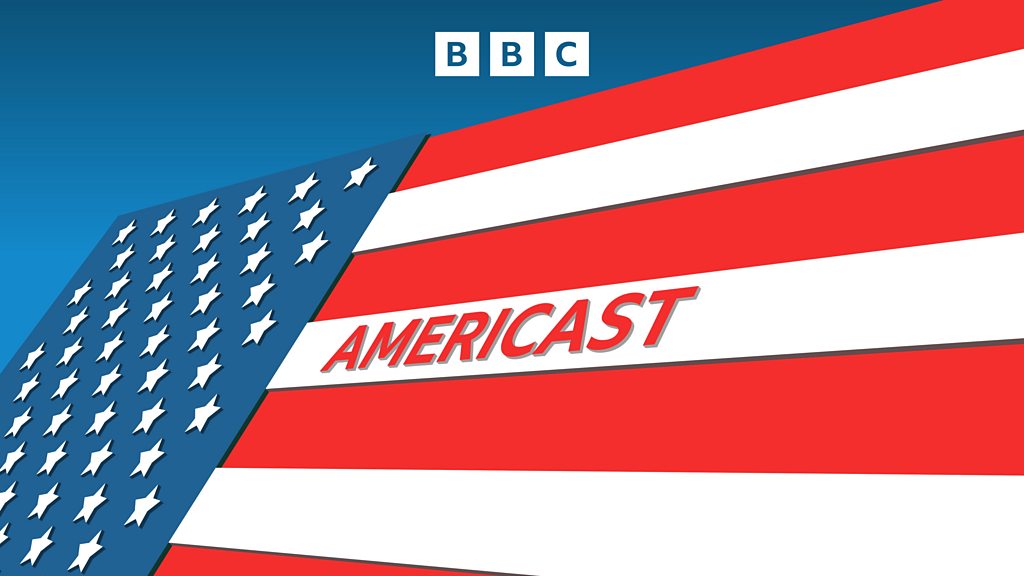


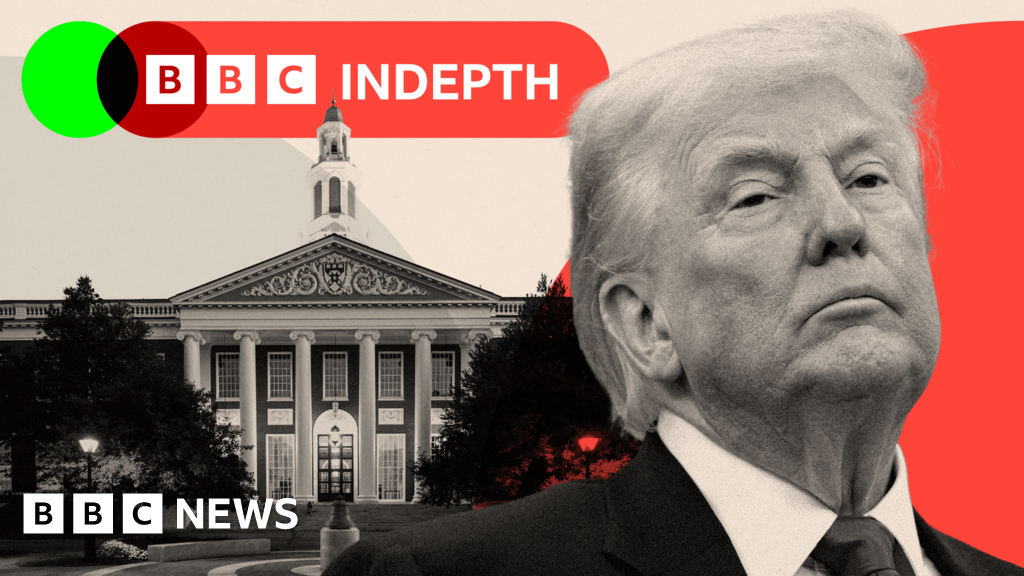
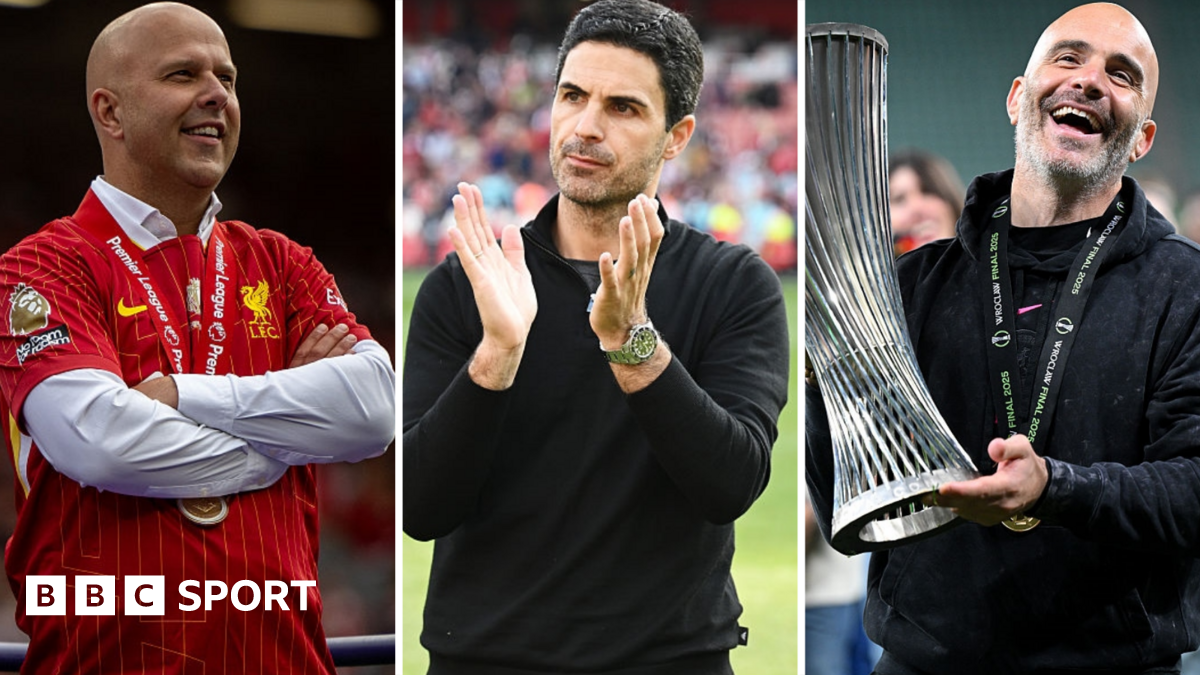
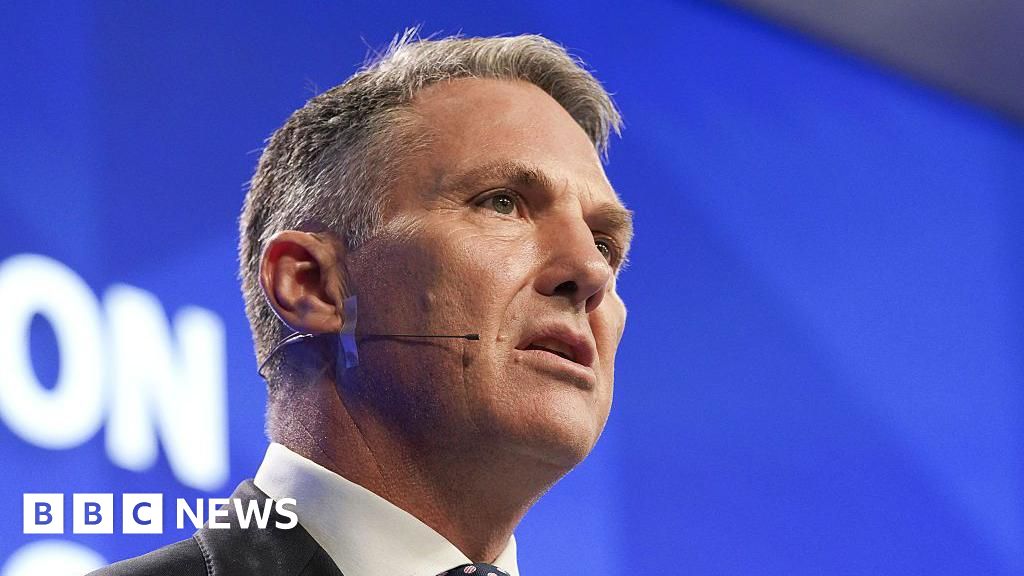
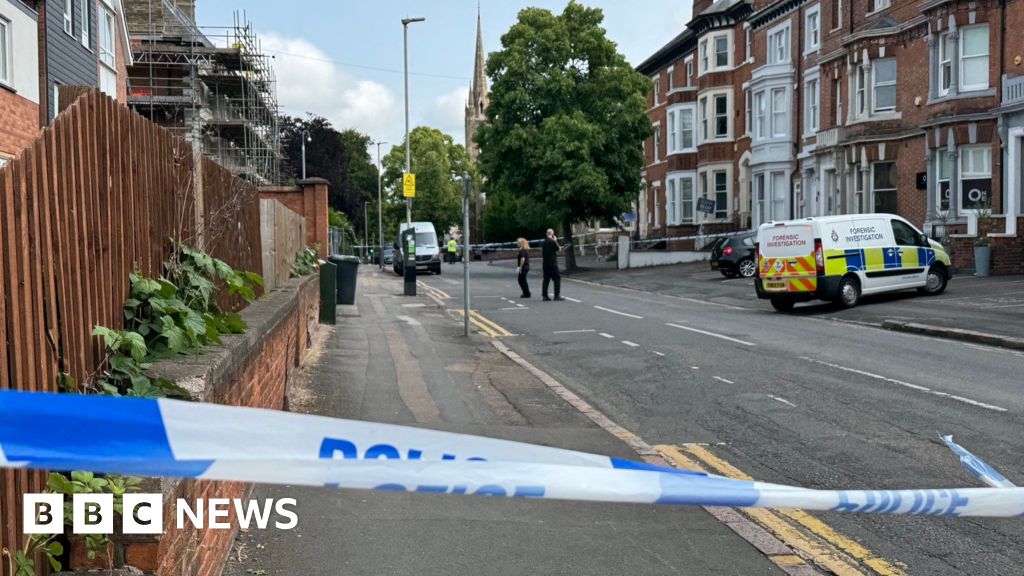

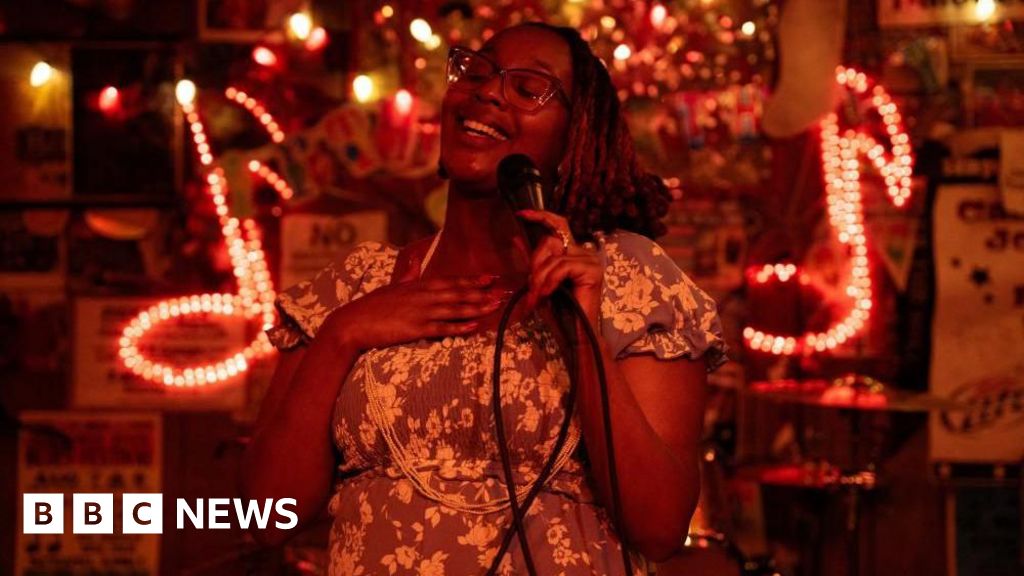
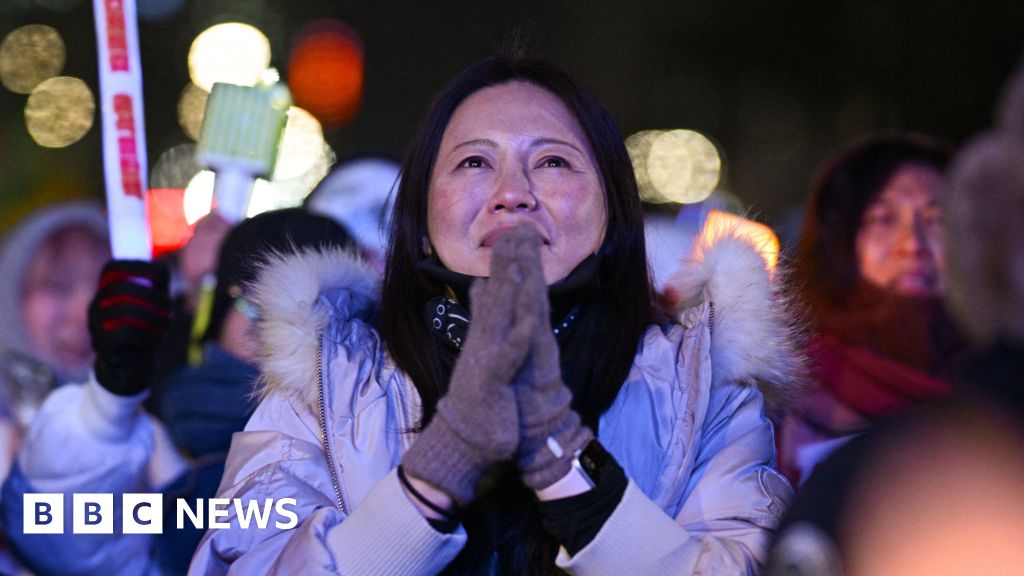
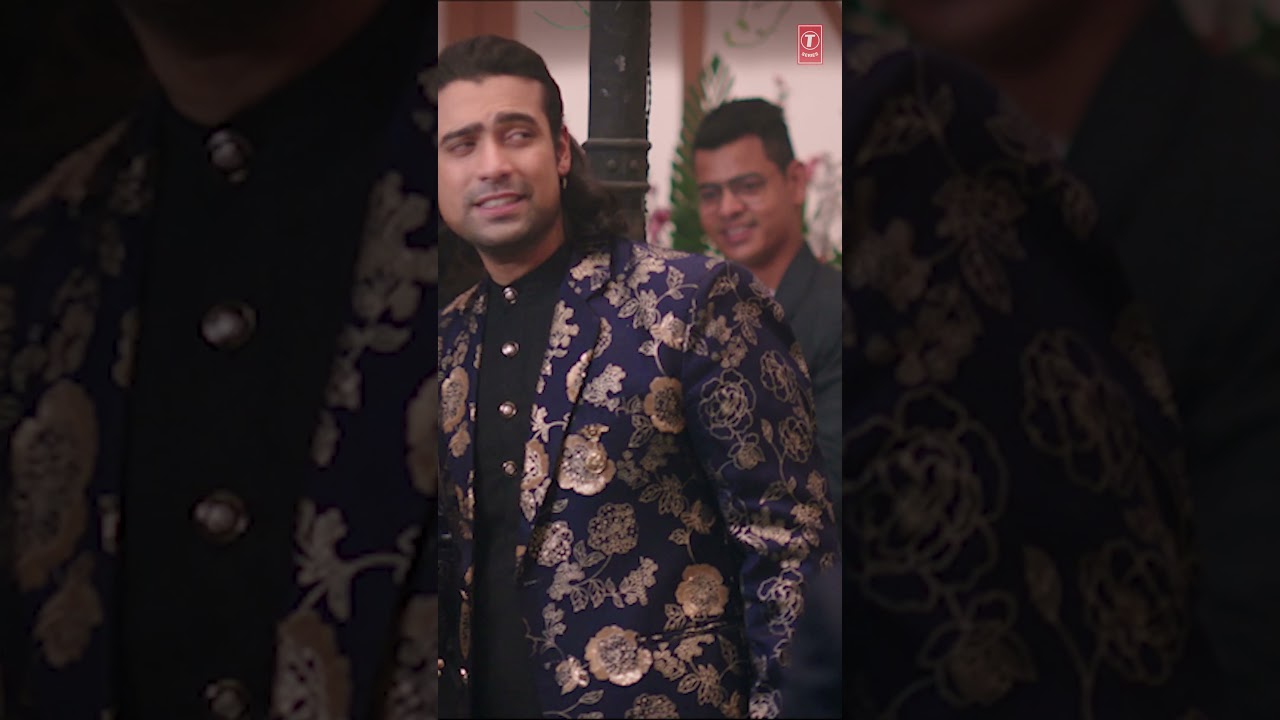
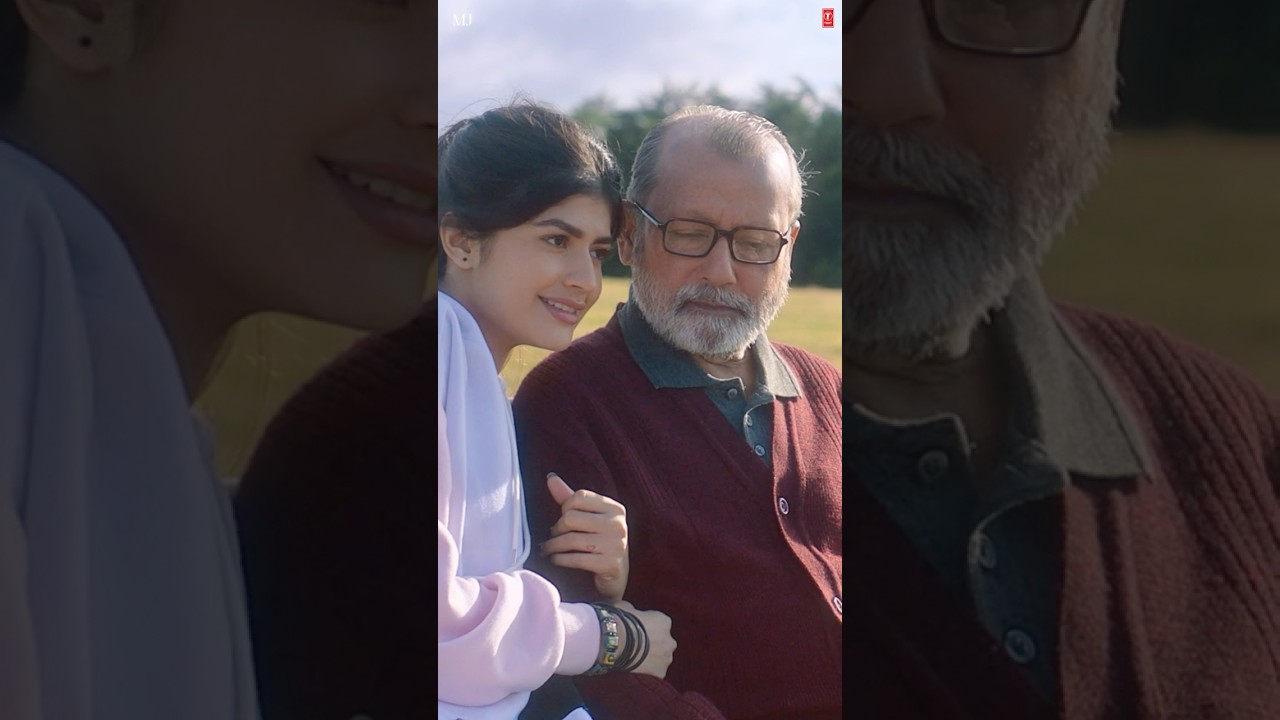
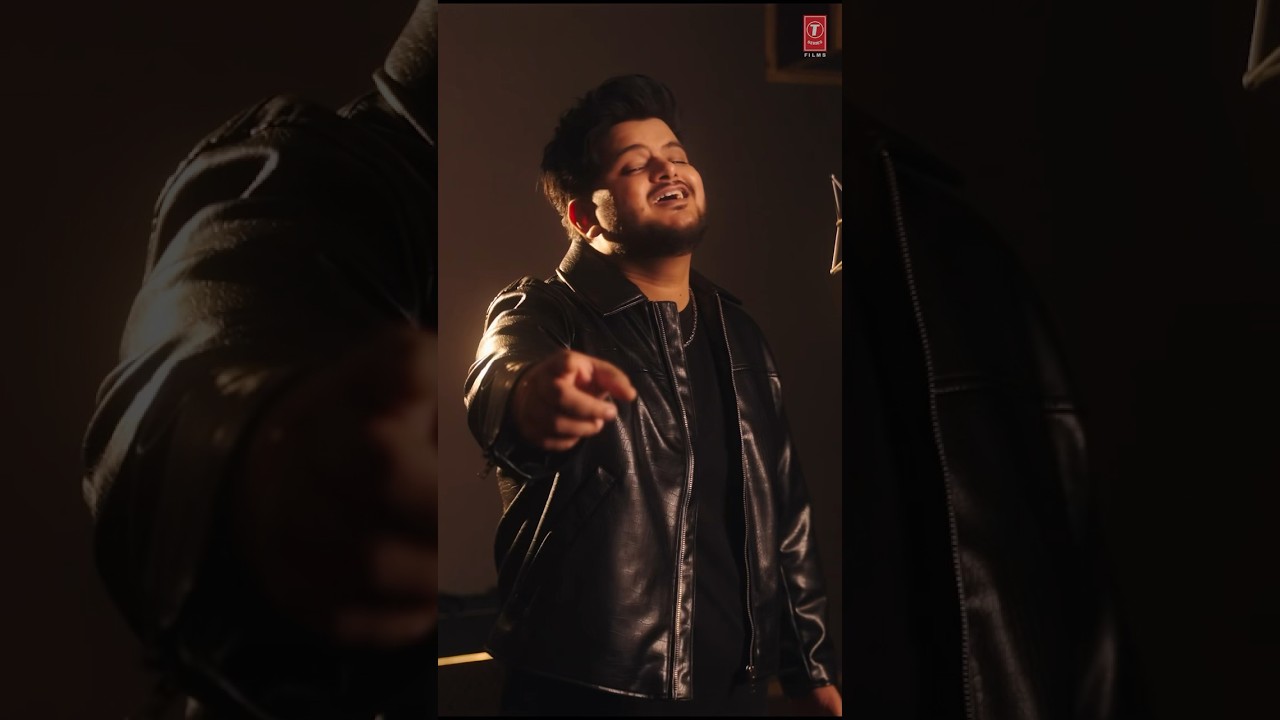

Leave a Reply